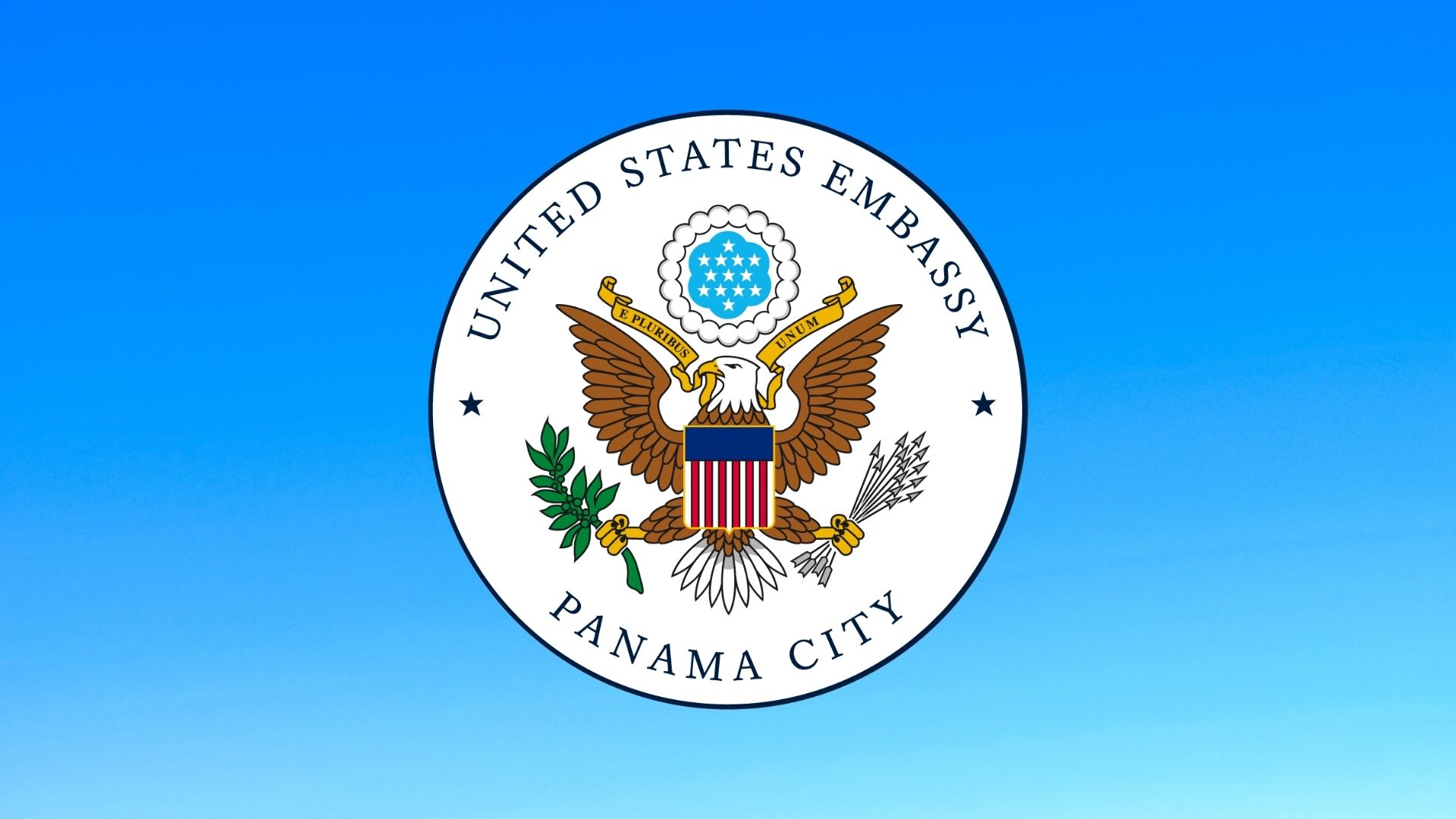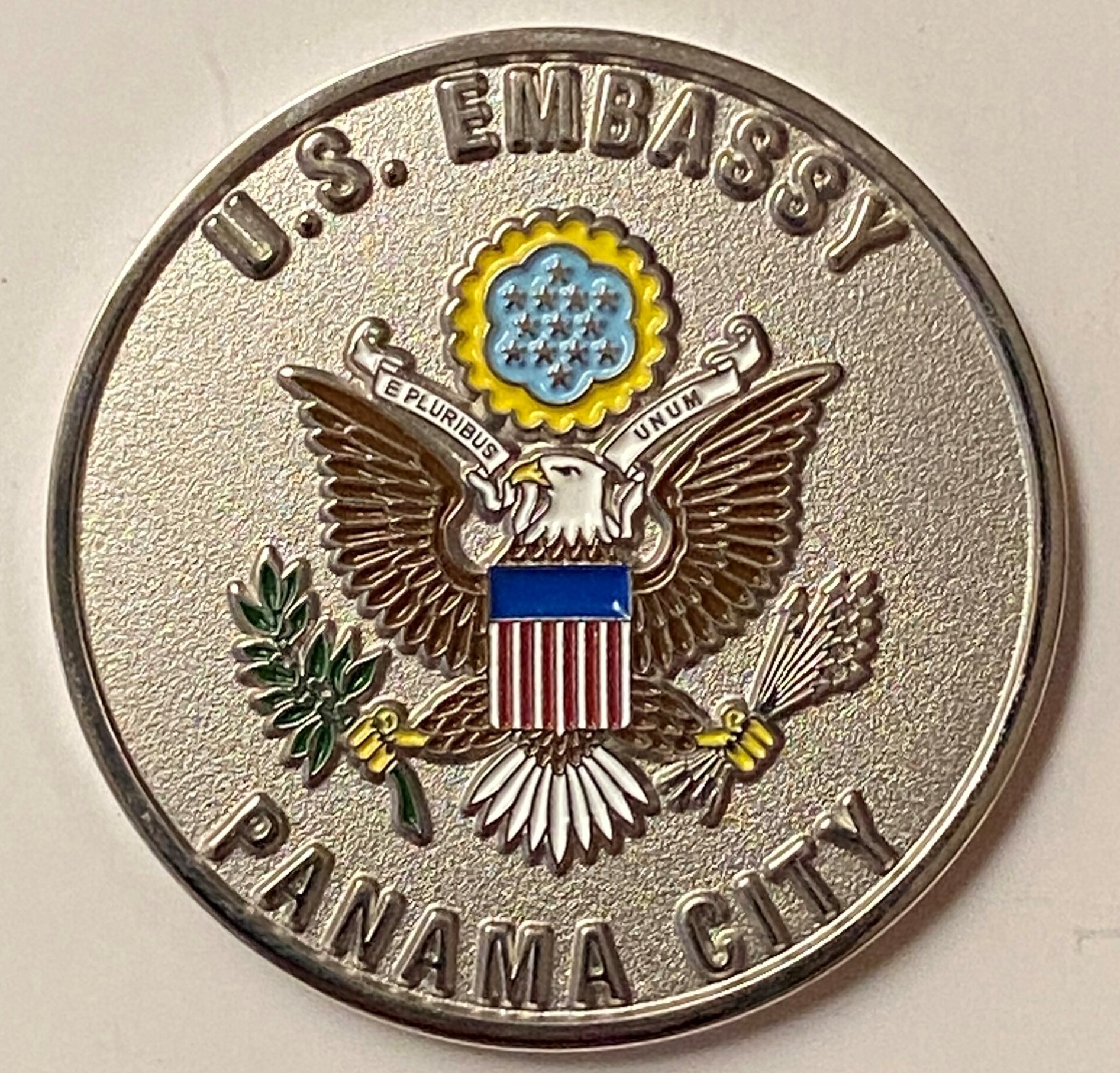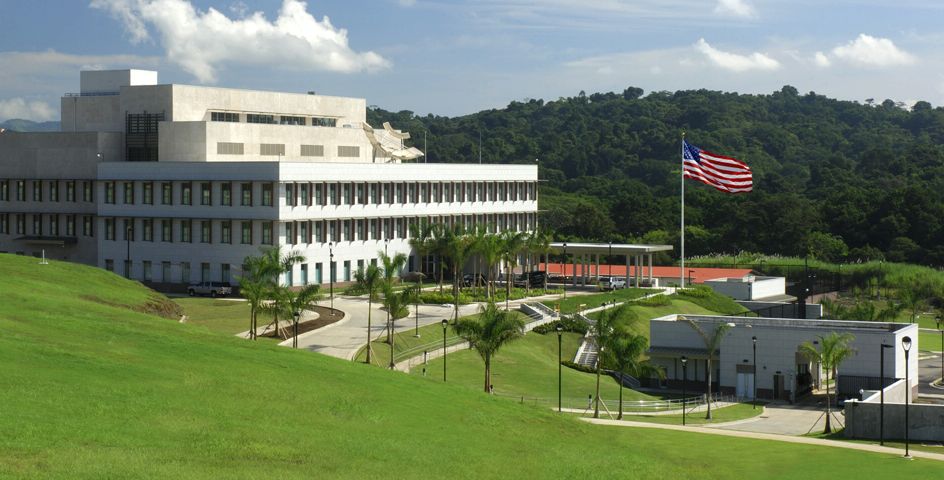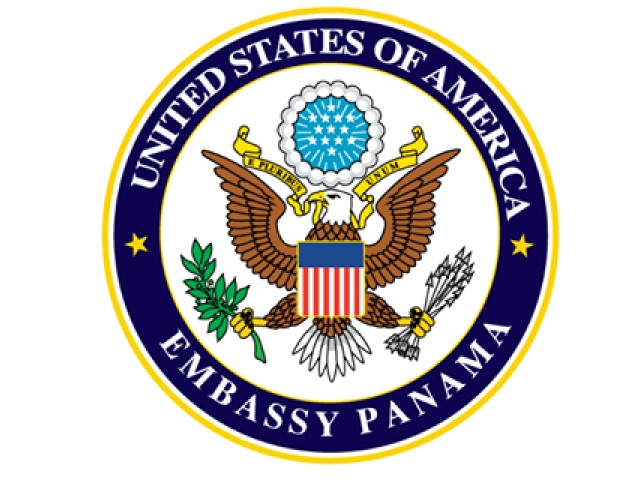The U.S. Embassy Speaks Out on Panama’s Sovereignty
The Department of Defense has not released the English version of the memorandum of understanding.

The U.S. Embassy in Panama said it will not share the memorandum of understanding in English, but assures that Panama’s sovereignty over the Canal will be respected. “It is the policy of the United States Department of Defense to keep the details of the understandings between the signatory parties confidential,” was the official response from the U.S. Embassy to a query regarding the English version of the document.

“The memorandum of understanding recently signed between the U.S. and Panama establishes a bilateral understanding to increase security cooperation through improvements for the joint use of three Panamanian facilities, while respecting Panama’s sovereignty, including its sovereignty over the Canal. This understanding does not establish U.S. bases of any kind in Panama, either temporary or permanent. All activities under this understanding require the mutual consent of both countries,” the embassy added.

Panamanian Security Minister Frank Ábrego and U.S. Defense Secretary Pete Hegseth signed a security memorandum of understanding that includes the arrival of U.S. troops to Panama, as well as the construction and rehabilitation of infrastructure that used to be military bases such as Fort Sherman, Rodman Naval Air Station and Howard Air Force Base. Both nations have asserted that the memorandum contemplates joint exercises, with Panama’s authorization and without ceding sovereignty.

However, three lawsuits alleging unconstitutionality have already been filed before the Supreme Court of Justice over this agreement, for allegedly violating the Neutrality Treaty and the Constitution by compromising Panamanian sovereignty with the presence of the U.S. military. The Spanish version of the memorandum states that Panama is sovereign over its territory. This version is published on the Ministry of Foreign Affairs website. However, the English version has not been published anywhere in Panama or the United States. In theory, they should be identical versions, the only difference being the language. But there is concern because during Hegseth’s visit to Panama, a joint communiqué was issued with President José Raúl Mulino, and while the Spanish version spoke of Panamanian sovereignty, the English version omitted the word, and in fact, an entire paragraph.





